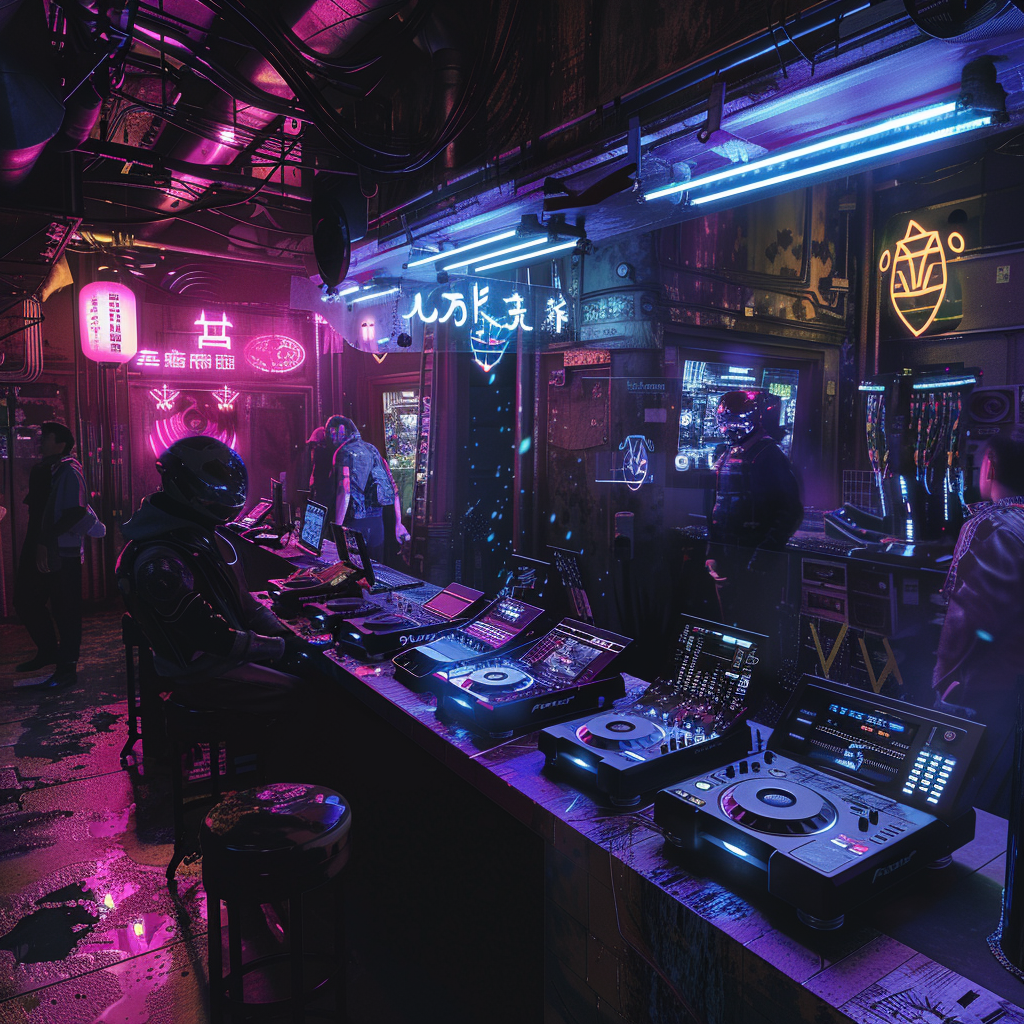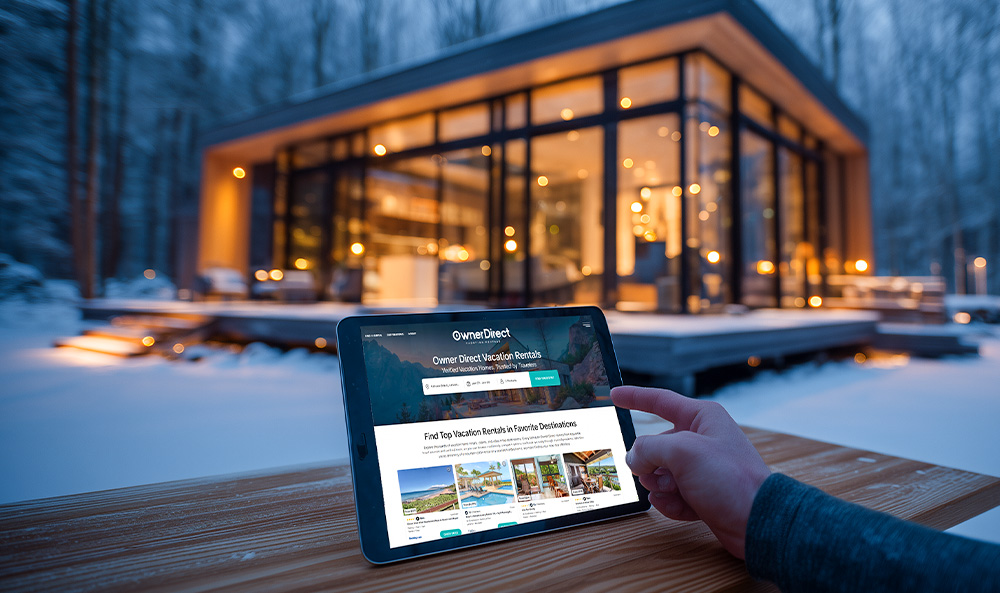As the travel industry continues to evolve, we are witnessing a growing trend of AI suggested virtual tours that offer a unique and immersive experience for travelers. These tours provide a convenient way to explore must-see spots at destinations from the comfort of your own home, while also showcasing the beauty and culture of each location in a visually stunning manner. By leveraging the power of artificial intelligence, these virtual tours are tailoring experiences to individual preferences, creating highly personalized and engaging content that captivates users.

What are AI Suggested Virtual Tours?
AI suggested virtual tours are a cutting-edge technology solution that utilizes artificial intelligence to create immersive and interactive experiences for users. These tours are designed to provide an authentic and engaging virtual exploration of destinations, allowing travelers to discover new places and plan their trips with ease. By tailoring the content to individual preferences and interests, AI virtual tours offer a highly personalized approach to travel planning, making them increasingly popular among users.
Key Features of AI Suggested Virtual Tours
AI suggested virtual tours boast a range of key features and functions that make them stand out from traditional virtual tours. These tours are designed to be highly interactive, allowing users to explore destinations in a more engaging and immersive way. Through the use of AI technology, these tours can create visually stunning experiences that showcase the beauty and unique aspects of each location. Additionally, AI virtual tours provide authentic descriptions of destinations, giving users a genuine feel for the place they are exploring.
How AI Enhances Virtual Tours
AI technology plays a crucial role in enhancing virtual tours, making them more engaging, personalized, and dynamic. Here are some ways AI improves the virtual tour experience:
Personalization and Customization
One of the key benefits of AI in virtual tours is its ability to personalize and customize the experience for each user. By analyzing user preferences, interests, and behavior, AI algorithms can tailor the content and recommendations to create a unique and relevant tour for each individual. This level of personalization helps to create a more engaging and memorable experience for users.
Interactive Elements and Gamification
AI can also be used to incorporate interactive elements and gamification into virtual tours, making them more engaging and enjoyable for users. For example, AI-powered virtual tours may include quizzes, challenges, or rewards that encourage users to explore and interact with the content in new ways. These interactive elements help to keep users engaged and motivated throughout the tour.
Real-time Updates and Dynamic Content
Another way AI enhances virtual tours is through real-time updates and dynamic content. AI algorithms can analyze data from various sources, such as social media, news outlets, and user feedback, to provide up-to-date information and recommendations within the virtual tour. This ensures that users always have access to the most current and relevant content, making the experience more authentic and valuable.
Benefits of AI Suggested Virtual Tours
AI suggested virtual tours offer a range of benefits for both travelers and businesses in the tourism industry. Some of the key advantages include:
- Providing immersive experiences that allow users to explore destinations in a more engaging and interactive way
- Offering authentic descriptions and visually stunning content that showcases the best of each location
- Increasing user engagement and satisfaction by tailoring the content to individual preferences and interests
- Enabling travelers to plan their trips more effectively by providing valuable insights and recommendations
- Helping businesses in the tourism industry to reach a wider audience and promote their destinations in a more compelling way
AI Virtual Tour Solutions
There are various AI virtual tour solutions available that utilize cutting-edge technology to create immersive experiences for users. Some of these solutions are guided by specific considerations and laws to ensure they provide accurate and appropriate content to users.
When developing AI virtual tour solutions, creators must consider factors such as data privacy, intellectual property rights, and cultural sensitivity. These considerations help to ensure that the generated content is not only engaging but also respectful and authentic.
AI virtual tour solutions often incorporate interactive elements such as 360-degree videos, 3D models, and virtual reality (VR) technology to provide a more immersive experience. These elements allow users to explore destinations in a more realistic and engaging way, as if they were actually there in person.
AI Suggested Virtual Tour Platforms
There are several AI suggested virtual tour platforms available that offer unique features and benefits for users. One such platform is Travel AI, which utilizes advanced AI algorithms to create highly personalized and immersive experiences for travelers.
Travel AI stands out from other platforms by tailoring its content to each user’s specific interests and preferences. By analyzing user data and behavior, the platform can provide customized recommendations and suggestions that help travelers plan their ideal trip.
Some key features of Travel AI include:
- Personalized itinerary suggestions based on user preferences and interests
- Visually stunning virtual tours that showcase the best of each destination
- Interactive elements such as quizzes and challenges to keep users engaged
- Authentic descriptions and insider tips from local experts and other travelers
Travel AI is an excellent choice for businesses in the tourism industry looking to provide their customers with a more engaging and personalized travel planning experience.
Applications of AI Suggested Virtual Tours
AI suggested virtual tours have a wide range of applications in the travel and tourism industry, from destination marketing to accessibility and inclusivity. Let’s explore some of these applications in more detail:
Destination Marketing
One of the primary applications of AI virtual tours is in destination marketing. By creating visually stunning and immersive experiences, these tours can showcase the best of each location and entice potential visitors to plan a trip. AI-powered virtual tours can highlight unique attractions, local culture, and hidden gems that travelers may not have otherwise discovered.
Virtual Reality in Travel Planning
AI virtual tours can also be used in conjunction with virtual reality (VR) technology to create even more immersive experiences for travelers. By using VR headsets or other devices, users can fully immerse themselves in a destination and explore it as if they were actually there. This can be particularly useful for travelers who are unable to visit a location in person due to physical, financial, or other limitations.
Accessibility and Inclusivity
Another important application of AI virtual tours is in improving accessibility and inclusivity in travel. For travelers with disabilities or mobility issues, virtual tours can provide a way to experience destinations that may otherwise be difficult or impossible to visit in person. By creating accessible and inclusive virtual tours, businesses can help to ensure that everyone has the opportunity to explore and enjoy new places.
Challenges and Limitations of AI Suggested Virtual Tours
While AI suggested virtual tours offer many benefits, there are also some challenges and limitations to consider:
Technical Constraints and Infrastructure
One of the main challenges of AI virtual tours is the technical constraints and infrastructure required to create and deliver these experiences. Creating high-quality virtual tours requires significant computing power, data storage, and bandwidth, which can be costly and complex to manage. Additionally, users may need access to specialized hardware or software to fully experience the tours, which can limit accessibility.
User Adoption and Acceptance
Another challenge is user adoption and acceptance of AI virtual tours. While some travelers may embrace these new technologies, others may prefer more traditional forms of travel planning and exploration. It may take time for AI virtual tours to become more widely accepted and integrated into the travel industry.
Authenticity and Representation
There are also concerns around the authenticity and representation of destinations in AI virtual tours. As these tours are created using algorithms and data, there is a risk that they may not accurately reflect the true character and culture of a place. It is important for creators of AI virtual tours to prioritize authenticity and work closely with local communities to ensure that their content is respectful and representative.
Future Trends in AI Suggested Virtual Tours
As AI technology continues to evolve, we can expect to see even more exciting developments in the world of AI suggested virtual tours. Here are some potential future trends to watch out for:
Integration with Other Travel Technologies
One trend we may see is the integration of AI virtual tours with other travel technologies, such as booking platforms, review sites, and social media. By combining these technologies, travelers could have a more seamless and personalized planning experience, with virtual tours integrated into every step of the process.
Advancements in AI and Machine Learning
As AI and machine learning technologies continue to advance, we can expect to see even more sophisticated and personalized virtual tour experiences. For example, AI algorithms may be able to analyze user data in real-time and adapt the tour content accordingly, creating a truly dynamic and tailored experience.
Potential for Augmented Reality Experiences
Another exciting trend is the potential for augmented reality (AR) experiences in AI virtual tours. By overlaying digital content onto the real world, AR could create even more immersive and interactive experiences for users. For example, travelers could use their smartphone cameras to explore a destination and see information and recommendations pop up in real-time.
Conclusion
AI suggested virtual tours are an exciting and rapidly growing trend in the travel industry, offering a unique and immersive way for travelers to explore destinations from the comfort of their own homes. By leveraging the power of artificial intelligence, these tours can create highly personalized and engaging experiences that showcase the best of each location.
As we have seen, AI virtual tours offer a range of benefits for both travelers and businesses, from providing authentic and visually stunning content to improving accessibility and inclusivity. While there are certainly challenges and limitations to consider, the potential for AI virtual tours is vast and exciting.
If you are a traveler looking for a new and innovative way to plan your next trip, we highly recommend exploring the world of AI suggested virtual tours. With platforms like Travel AI, you can enjoy a highly personalized and immersive experience that will help you discover new destinations and create unforgettable memories.




